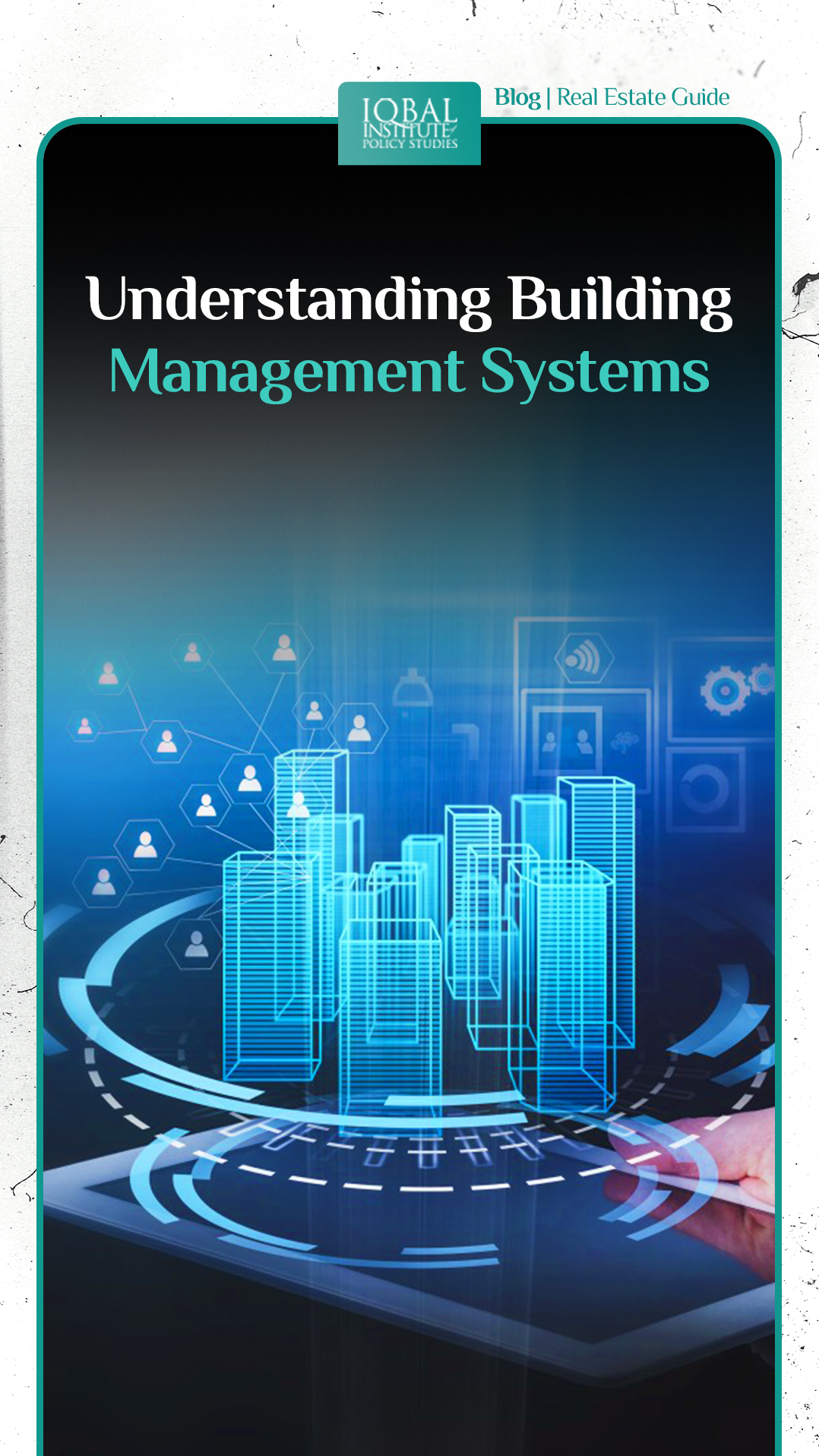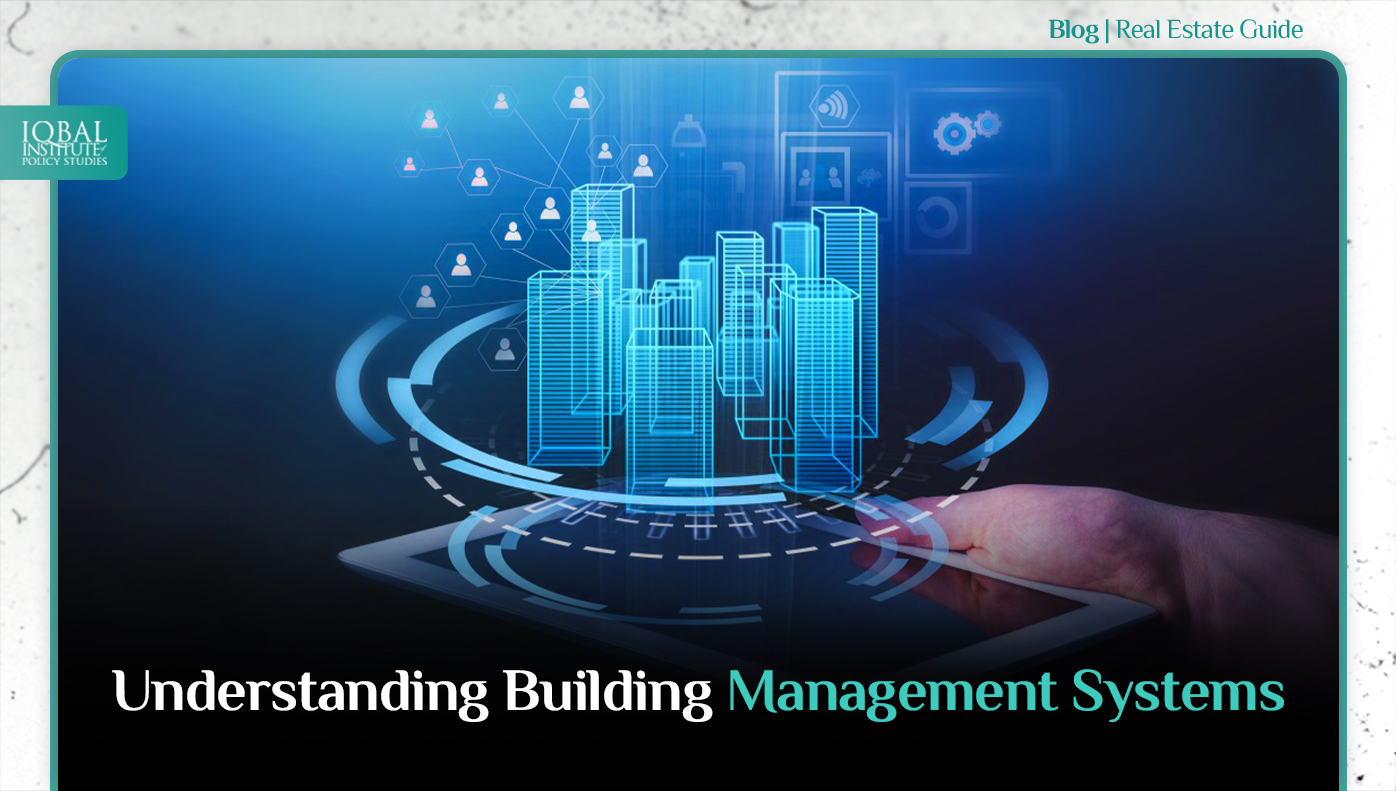Introduction
With growing technological advancements, automation has contributed significantly to making every walk of life more manageable. The impact of effective building management is no exception. There is a rising need to integrate intelligent automation systems within infrastructures, encouraging various building management companies to offer good quality and sustainable solutions. A Building Management System (BMS) is a computer-based control system that can manage or monitor a facility. Intelligent sensors in a building gather data from the sensors and send it to BMS, where it is stored, and if the data is beyond pre-defined conditions, the system will alert the concerned management. A BMS can monitor a wide range of mandatory services in a building. Some of the significant systems are the HVAC System that monitors the duct temperature, pressure and humidity, the Technical Steam System that monitors the clean steam in the pipelines, the Dust Collection System, Heat Blowers, Central Vacuum System, Chilled/Hot Water System that can control water temperature accordingly, Sprinkler system for fire safety, Electrical Monitoring System to monitor the consumption or wastage of electricity, and many more designs that can be adjusted to need.
Some of the world’s biggest and most renowned building management system companies are Cisco, Honeywell, Schneider Electric, Siemens, Bajaj Electrical, United technologies, Emerson Electric and Bosch. All the companies provide a wide range of services and solutions that help cut costs and make living more efficient. In times of high inflation, modern technologies have become required in offices and homes. The level of efficiency and cost-cutting from BMS is related to the level of investment. It is critical to set up such systems as, according to energy consumption globally, the demand is expected to increase by 50 per cent by 2030. The systems can intelligently manage system demands by controlling the electrical system, heating and cooling, ventilation, plumbing and fire alarms. Moreover, it can provide safety and keep a record of activities.
BMS in the World
The world is moving towards sustainable solutions and committing to carbon neutrality. Around 40% of greenhouse emissions are emitted from buildings, increasing interest and investments in zero-carbon measures. Organisations need more data-driven management plans to help them identify consumption patterns and areas of improvement. One of the essential systems is energy management, which encompasses many functions. In zero carbon buildings, there is the electrification of building water and space heating, efficiency improvements to reduce energy demand, decarbonisation of the electric power grid and digitisation to meet the needs of people living in the buildings. The energy crisis has become a massive challenge for all countries, especially developing countries. Apart from saving energy, the countries use building management systems to:
Lower maintenance costs as automated systems can figure out and alert before equipment fails. Over time, buildings become less efficient, and maintenance is much needed every few months. The BMS can take preventative measures along with alerting.
Saves time and takes off pressure from humans who manage the systems manually. Usually, staff must be hired with time shifts or full days to handle situations that BMS can easily manage. Such systems can quickly figure out real-time data for rapid decision-making.
It is common for machines and automated systems to deviate from their optimised settings. A BMS can auto-tune by responding in real-time and flag excessive energy usage by turning off electronics when not needed.
Report the performance of the usage. By measuring performance, the targets for energy consumption can be met and usually, energy ratings in a building can determine its value as well. Moreover, the performance report works as feedback and predicts the energy bills for businesses or buildings.
Increases innovation levels for businesses. The increase in innovation has led to increasing wireless technology, and the prices eventually come down since it is becoming very common and easy to use.
Application of BMS Systems in Pakistan
Being a developing country, Pakistan faces challenges on multiple fronts. The country is working towards sustainable growth in all sectors of the economy, and building management systems can help make the construction industry more efficient. The requirement for BMS systems in Pakistan is increasing to facilitate the well-being of the people and help in sustainability. One of the biggest challenges in Pakistan right now is the energy crisis and inflation. Many developers can adopt BMS to save energy and control unnecessary lighting and air conditioners. These problems can easily be solved sustainably by installing building management systems and adopting new innovative systems.
Cutting down on costs from huge businesses and small and medium enterprises can impact the whole economy. The BMS will monitor electricity usage and turn off the system automatically where it is not needed. It will significantly cut costs, and energy can be used elsewhere. The lower costs will enable the companies to invest more in other services, further facilitating the people. Hence, it will add to the economic growth of the country.
Moreover, BMS systems can also protect people and the built environment from fire hazards. An advantage of BMS is that enterprise solutions connect all networks into one automated system. A manager can control the system anywhere, whether off-site or on-site. It naturally saves human effort and time. Thus, human power can be used in other productive areas. The systems also ensure the safety of the people living or working in the buildings as their resources and assets are protected. The automated security camera and surveillance protect against thefts and break-ins. According to the US Department of Energy, 30% annual savings on energy can be achieved through an automated lighting control system as the lighting can be managed outdoors and indoors. The sensors will automatically shut down lighting in unoccupied areas or at the scheduled time. Furthermore, the HVAC system can also monitor and control air quality while protecting against harmful gases or smoke.
The payoff of the benefits of BMS is more than the cost. For a country like Pakistan, it may be the most sustainable solution to the energy and water crises. Pakistan must grow with the changing society and look towards modernisation and better living standards.
Recommendations
Government of Pakistan should invest more in automated systems, especially in work and living spaces where most resources are used.
Energy saving must be encouraged in all firms and organisations for a better future.
The population of Pakistan must be made aware of the benefits of automatic systems like building management systems to increase their inclination towards it.
More automated systems will encourage further innovation in Pakistan, and healthy competition can be achieved within the country.
Firms in Pakistan can make automated systems at low costs. Thus, they should be given subsidies to start their businesses and export the systems to other countries.
References
(2019, January 14). Top 10 Building Management System Companies in the World 2019 | Global Building Management System Market Research – Technavio. Blog. https://blog.technavio.org/blog/top-10-building-management-system-companies-worldwide
Bhardwaj, A. (2015, May 1). How Energy Management Systems can save energy | World Economic Forum. Weforum. https://www.weforum.org/agenda/2015/05/how-energy-management-system-can-save-energy/
Nesler, C. (2020, January 24). Zero-carbon buildings are possible following these four steps. Weforum. https://www.weforum.org/agenda/2020/01/zero-carbon-buildings-climate/
(2022, July 14). Building management systems | energy.gov.au. Energy. https://www.energy.gov.au/business/equipment-and-technology-guides/building-management-systems



Leave a Reply